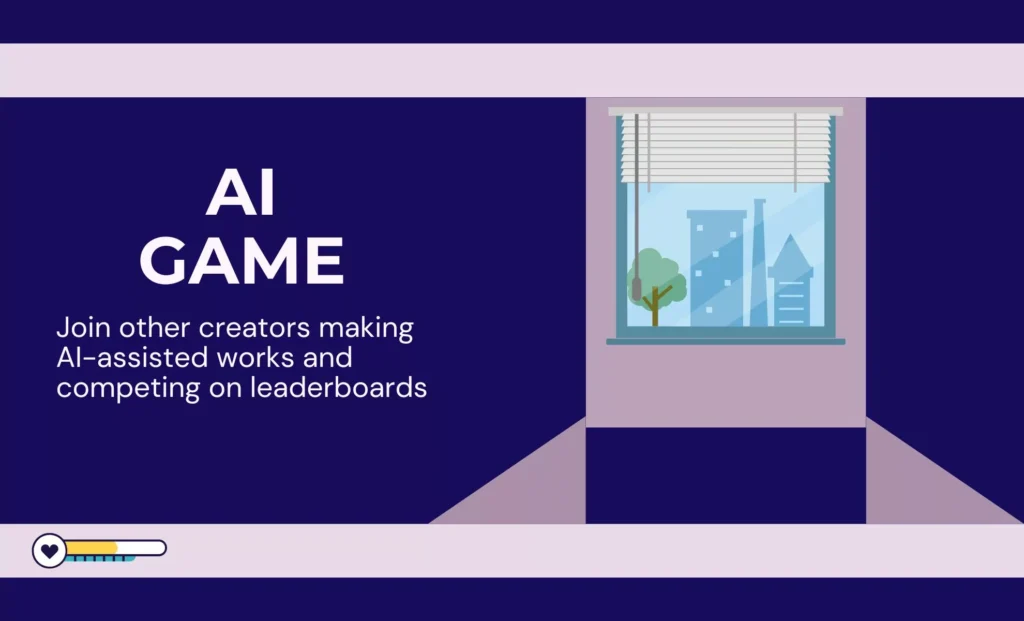What's Next @ Unmotive Show
The third season of Unmotive Show on mental health has turned out great, and we’re currently editing the season finale episodes. With this shift toward mental health in Season 3, the focus has become work/life balance.
In Season 1 we interviewed tech professionals; Season 2 featured coaches who have helped thousands of tech professionals become more effective in both their personal and professional lives. What’s most exciting about Season 3’s guests is that they have stories—ways to show how work/life balance issues have truly impacted their lives.
There’s been a lot of talk lately about how “work/life balance” isn’t real, or is just another trendy term. So Unmotive Show has decided to explore when that idea really began—starting after COVID. In other words: work/life balance as a trend grew out of the global shift toward working from home.
The idea of having a life outside of work is nothing new; you can trace it back to high school clubs and extracurricular activities. (Yes, extracurricular, not paranormal.) But if your life has begun to revolve around work instead of the other way around, you may want to stay tuned. The influence of work-centric living is likely to persist as long as financial necessity remains strong.
What we do believe is that by maintaining mental health, you can be more effective at work. But if you think that mental wellness, gym days, time with friends, coffee breaks, or Friday‐night speakeasy visits are optional extras, you’re off to a false start. Not everyone has the luxury of living without work—even the very rich usually have something they must do. It’s just how humans are built.
Remember the first time you went to a dance party, or the last time you jumped into a lukewarm pool in summer? It took courage. And if you aren’t getting—or haven’t gotten—those moments, then seek work you’re passionate about. Work that carries you day to day, month to month. Something you can see yourself doing for the coming year with no fear of tomorrow. Yes, it sounds complicated, but it can be as simple as following the instinctive urges of everyday life.
That, to me, is work/life balance: a job that fits into your everyday living as you want it. And if the feeling of losing balance creeps in? Take off your shoes. Run. Breathe. Let the passion reassert itself—it can carry you through the rest of your day. It’s about making choices that matter, backed by purposeful action.
In preparing for Season 3 of Unmotive Show on mental health, I watched a few episodes of The Virtual Couch by Tony Overbay, LMFT. Keep an eye out for the rest of the episodes—and for the two-part season finale, which will lead into our defining moment: a real discourse on work/life balance.
New Episodes Out Now
Credits
Intro and Outro Mix by Joakim Karud on Soundcloud
Editing by Mike Loretto
www.mikeloretto.com


Exploring Recovery and Resilience with Eric McCoy
Episode Summary In this episode of the podcast, I sit down with Eric McCoy, a substance abuse counselor with a profound personal journey from addiction to recovery. Eric shares his incredible story of overcoming methamphetamine addiction, facing the brink of death, and transforming his life through a second chance granted by the court system. Guest...
Podcast: Play in new window | Download
Subscribe: RSS
Frank King: The Mental Health Comedian with a Mission
Meet Frank King, the “Mental Health Comedian” and a 6-time TEDx speaker with a knack for turning personal pain into powerful comedy. Frank’s journey to the stage started young; by age 5, he already dreamed of becoming a comedian. After graduating from college, he pursued that dream by moving to the West Coast, launching his...
Podcast: Play in new window | Download
Subscribe: RSS